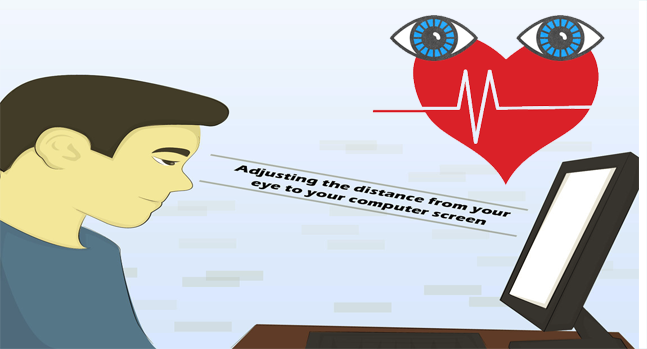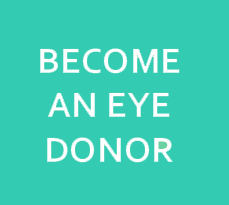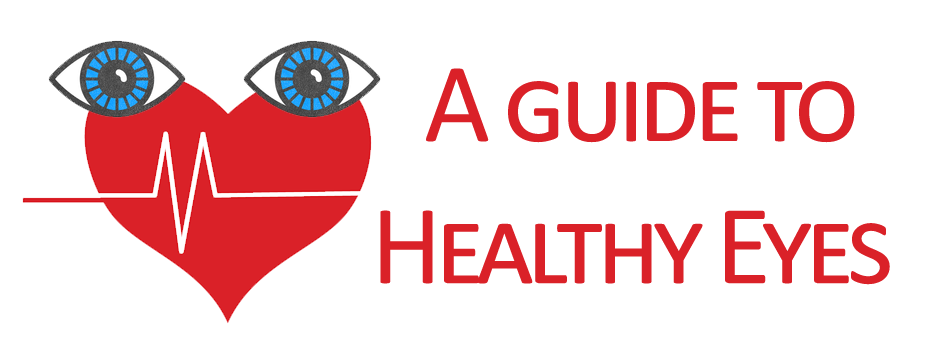
Keeping your eyes healthy can be challenging, but is not impossible! There are several important things to remember, simple guidelines which will help you maintain good eye health. We compiled some great tips that will help you or someone you love to keep their eyes and vision at their best!

To provide the strength and protection that your eyes need start with the food on your plate. Vitamines, nutrients and minerals such as omega-3 fatty acids, lutein, zinc, and vitamins C & E may be able to help ward off age-related vision problems such as macular degeneration and cataracts, studies show. Regularly eating foods that provide these essential nutrients can help lead to good eye health:
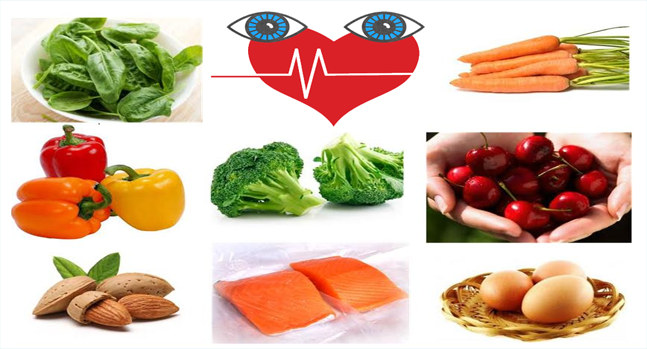 |
Green, leafy vegetables such as spinach, kale, and collards. Salmon, tuna, and other oily fish Eggs, nuts, beans, and other non-meat protein sources. Oranges and other citrus fruits or juices Eating a well- balanced diet also helps you maintain a healthy weight, which makes you less likely to get obesity-related diseases such as type 2 diabetes. Diabetes is the leading cause of blindness in adults. |

Smoking cigarettes attributes to vision loss and causes damage over time.
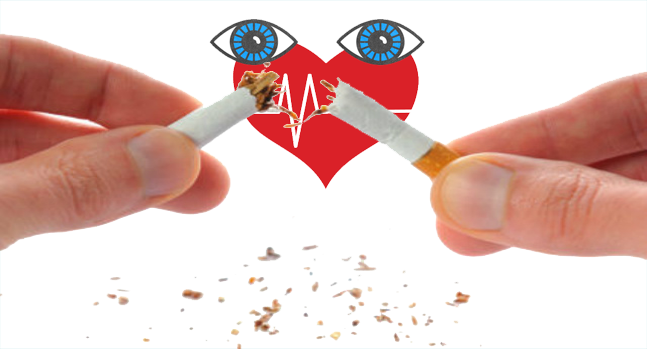 |
Smoking makes you more likely to get cataracts, optic nerve damage, and macular degeneration. If you've tried to quit smoking before and started smoking again, keep trying. The more times you try to quit smoking, the more likely you are to succeed.
|

The sun's ultraviolet (UV) rays also causes damage over time to eyes, much like smoking except you do not have to be a smoker to still have your eyes threatned by the sun.
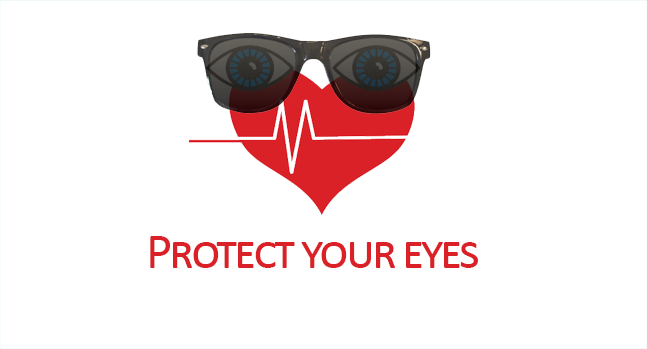 |
Too much UV exposure makes you more likely to get cataracts and macular degeneration. Choose sunglasses that block 99% to 100% of both UVA and UVB rays. Wraparound lenses help protect your eyes from the side. Polarized lenses reduce glare when driving. If you wear contact lenses, some offer UV protection. It's still a good idea to wear sunglasses for more protection, though. |

An every day risk we are aware of but often not pay attention to are right at home and work. Computer and TV screens cause damage over time when we strain our eyes, get closer and expose ourselves to lights emitted by these screens.
Staring at a TV or a computer screen for too long can cause:
|
Taking the following steps to protect your eyes:
This allows you to look slightly down at the screen. Try to avoid glare on your computer from windows and lights. Use an anti-glare screen if needed.
Position it so that your feet are flat on the floor. If your eyes are dry, blink more.
It's still a good idea to wear sunglasses for more protection, though. |

Heritage for the Blind
© 2017
Donor Privacy Policy

